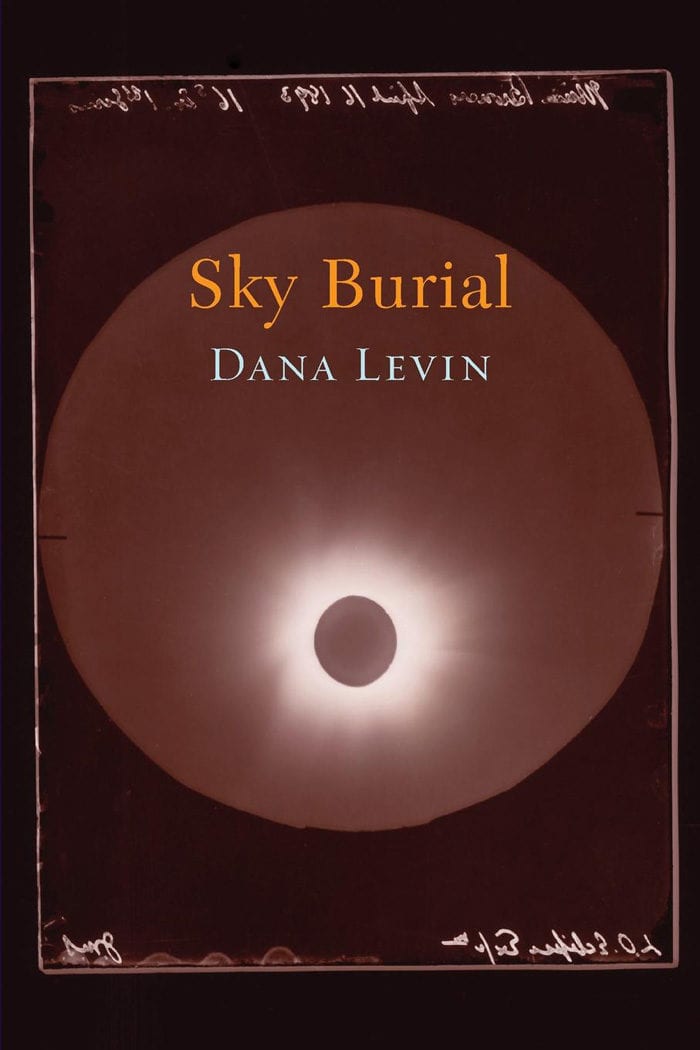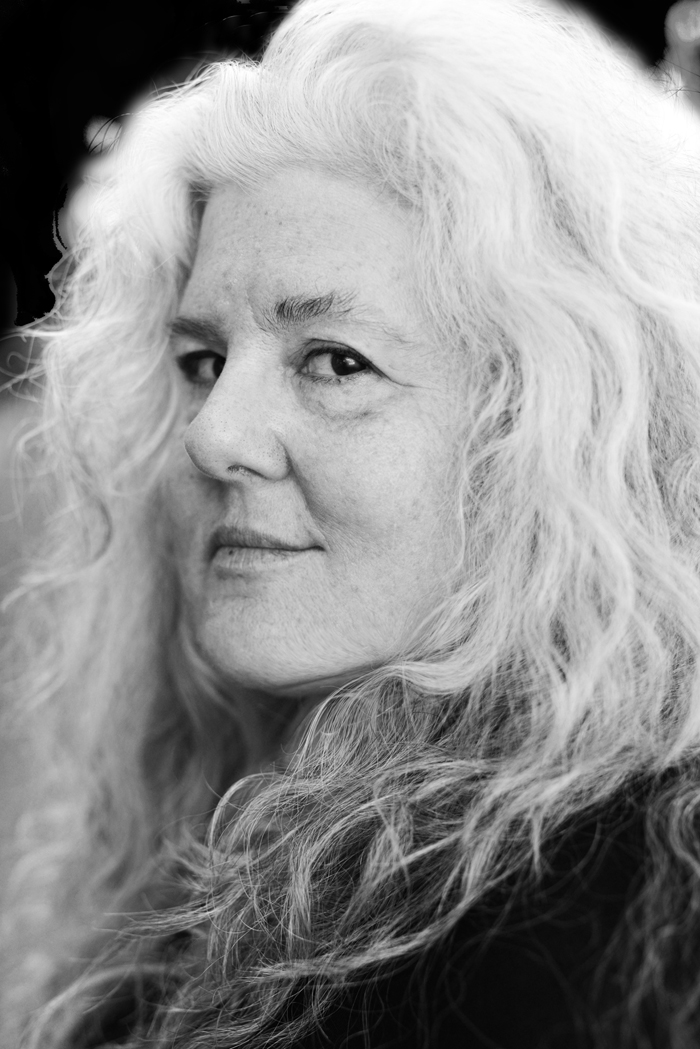
“Death is the new and unshakable lens through which I see,” writes Dana Levin about Sky Burial. Levin’s harrowing third book is an urgent investigation of human impermanence that explores Tibetan Buddhist burial rites and Aztec human sacrifice while constructing a personal mythology of death, lamentation, and rebirth. In this alchemic dissection of the mourning process Levin locates the nerve where grief resides, and she makes it resonate with beauty. Sky Burial serves as a convincing testament to the intensity of one of our most exciting poets.
ISBN: 9781556593321
Format: Paperback
Reviews
“Levin’s aching but restrained third collection is an attempt to quite literally come to terms with the deaths of loved ones (“The father died and then the mother died / And you were so addicted // to not feeling them, you told no one about the clamp / inside,” writes Levin). To find the terms she needs, Levin (Wedding Day) hunts in some very far-flung places, including Tibetan and Aztec rituals, Wikipedia, correspondence with close friends, “the symbol book” and the University of Tennessee. These poems are alternately cryptic and crystal clear, though Levin says, in the stunning “Letter to GC,” “I would be disingenuous if I said ‘being understood’ is not important to me.” Of course, what language we can find for grief is often ambivalent and complex, as these poems attest. Levin delves into esoteric mourning, burial, and religious practices—”They weren’t really gods, they were / ‘emanations'”—resurfacing not so much with answers as, to paraphrase Frost, momentary stays against confusion. She finds little in the way of lasting comfort, but much permanent poetry.” —Publishers Weekly, starred review
“Sky Burial brings a wealth of rituals and lore from various strains of Buddhism, as well as Mesoamerican and other spiritual traditions, but the intensity and seriousness and openness of her investigations make Levin’s use of this material utterly her own, and utterly riveting.” —New Yorker
“In Levin’s hands the fragment becomes a tool of regeneration and self-understanding. It’s as if the very idea of the sentence has to be rethought from the beginning.” —Boston Review
